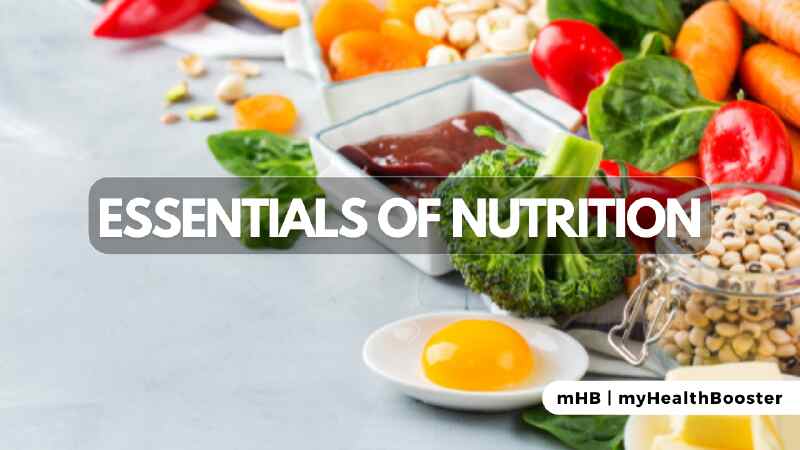Nutrition is not just about filling your stomach; it profoundly influences your overall health, energy levels, and well-being. Embracing a diverse and balanced diet is crucial, ensuring that you receive the essential vitamins, minerals, and nutrients necessary for a vibrant and healthy life at any age.
Variety is Vital
The cornerstone of a healthy diet lies in variety. Beyond merely adding flavor to life, a diverse range of foods is imperative to prevent missing out on vital nutrients. The right combination of vitamins and minerals is a recipe for looking and feeling your best.
Colorful Nutrients
Aim for a rainbow of colors on your plate to ensure a well-rounded nutrient intake. The vibrant pigments in fruits and vegetables, which provide the colors, contain powerful substances that can reduce the risk of chronic diseases like heart disease and cancer. Fruits and vegetables, rich in fiber, low in calories, and fat-free, offer a potent combination to combat free radicals, contributing to overall well-being.
Vitamins in Focus
Antioxidants, such as Vitamins E, C, and A, along with selenium, are currently in the nutritional spotlight. These antioxidants play a crucial role in neutralizing harmful free radicals in the body, offering a myriad of health benefits.
Antioxidant-Rich Foods Include
- Vitamin A and beta-carotene: pumpkin, squash, carrots, spinach, sweet potatoes, cantaloupes, dark leafy greens, and mangoes.
- Vitamin C: citrus fruits, strawberries, bell peppers, cauliflower, broccoli, tomatoes, sweet potatoes, and asparagus.
- Vitamin E: vegetable oil, almonds, whole grains, wheat germ, sweet potatoes, and yams.
- Selenium: found in salmon and haddock.
Vitamin D: The Sunshine Nutrient
Vitamin D, often referred to as the “sunshine” vitamin, has gained attention due to studies indicating potential deficiencies, especially in regions with limited sunlight. Adequate vitamin D is essential for calcium absorption, reducing the risk of bone fractures, particularly in the elderly. Aside from sunlight, sources of vitamin D include fortified milk, orange juice, salmon, mackerel, eggs, and liver.
The Calcium Connection
Calcium stands as a super-nutrient for maintaining robust bones and preventing osteoporosis. Dairy products, dark leafy greens, and fortified items like cereal and orange juice are excellent sources of calcium.
Food vs. Pills
While supplements can complement a healthy diet, they cannot substitute the richness of nutrients and fiber found in whole foods. Daily multivitamin and mineral supplements are recommended for nutritional assurance, providing additional health benefits. However, it’s crucial not to exceed 100% of the Recommended Dietary Allowance for any nutrient.
Getting Nutrients from Food
Scientists continually uncover the health benefits of various substances in food. Although a daily multivitamin can offer protection, it’s essential to derive nutrients primarily from a well-rounded diet. Remember, more is not always better, and it’s advisable to consult a healthcare professional, especially during conditions like pregnancy.
The Basics of Vitamins and Minerals
Understanding the basics is key – vitamins and minerals are calorie-free, present in foods, deficiencies can lead to health issues, and obtaining them through food is the optimal approach.
Incorporating the foods mentioned in this article into your daily diet ensures a nutrient-packed and healthful lifestyle, warding off chronic diseases, and maintaining your vitality.
